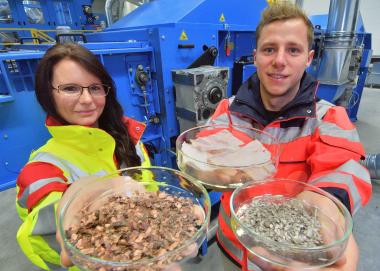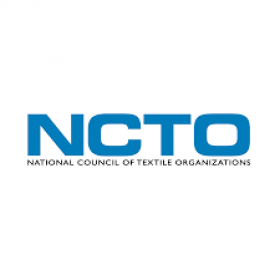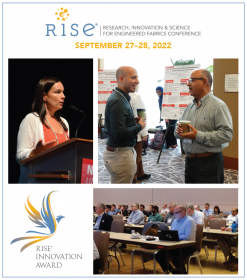EURATEX response to the latest EU Energy Council decision
- More ambition and joint European efforts needed
On Friday 30 September, the EU Energy ministers approved a Council Regulation proposal to address high energy prices. The Regulation focusses on the electricity prices and electricity demand reduction, on a solidarity levy from the fossil fuel sector and a retail levy for SMEs. While these initiatives are driven by goodwill, they miss the point of bringing gas prices down – the one measure that would bring the biggest impact on European industry.
EURATEX – as the voice of the European apparel and textiles manufacturers – regrets this lack of ambition: the Regulation does not foresee any meaningful action to directly support the European industry. This can accelerate the de-industrialisation of Europe and loss of industrial capacity to secure the European standard of living and implementing the Green Deal.
“We call on the EU and Member States to pursue our common European interests. The hesitation to adopt a European price cap on natural gas, accompanied by massive national spending programs to subsidise domestic gas consumption, is a dereliction of duty”, said Director General Dirk Vantyghem.
Triggering competition among Member States rather than promoting cooperation in bringing gas prices down for all European companies will also prove ineffective: indeed, the industrial structure in the European Union is fully integrated. Once a segment of the value chain perishes because of the crisis in one country, all companies based in the EU will suffer its negative effect, driving prices up in the supply chain and adding further strain to our operations. The European industry will be saved as a unified industry, or it will not be saved at all. Fragmenting the internal market will not protect any Member State’s domestic manufacturing.
In addition to a EU-wide price cap on gas, EURATEX calls on the European Commission to swiftly amend the Temporary Crisis Framework, making sure the criteria and thresholds applied do not exclude vulnerable companies from possible support (e.g. in textile finishing and services). Euratex also encourages the European Commission to revise the ETS Indirect Carbon Leakage mechanism and include the man-made fibres, non-wovens, spinning and weaving sectors.
It is high time now for the European Union, said the association – in particular for Member States and the Commission – to step up their ambition and adopt a European vision: a chaotic and fragmented approach will not mitigate the crisis but accelerate it.
Euratex

































